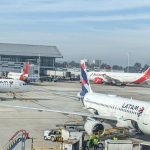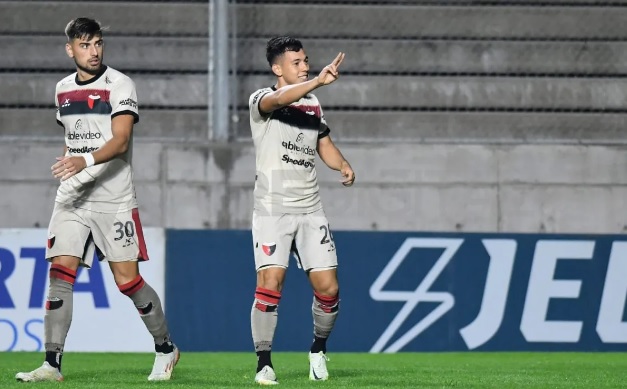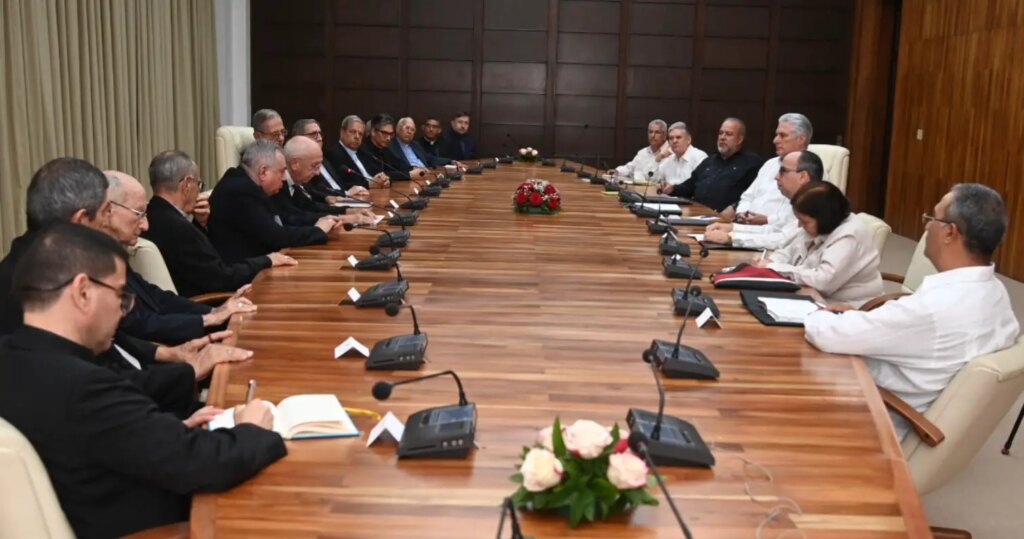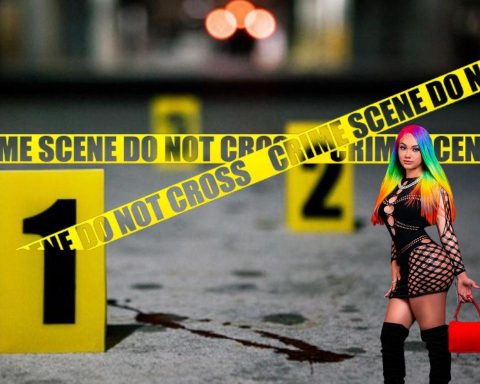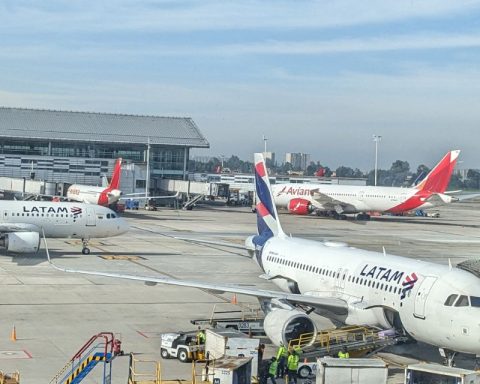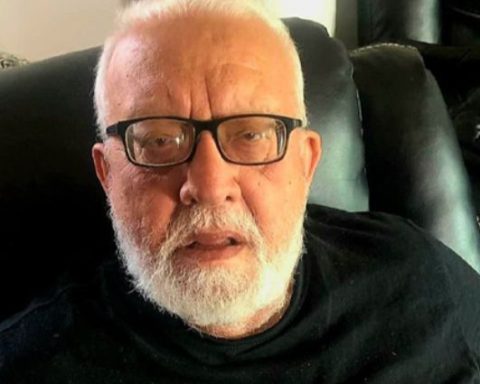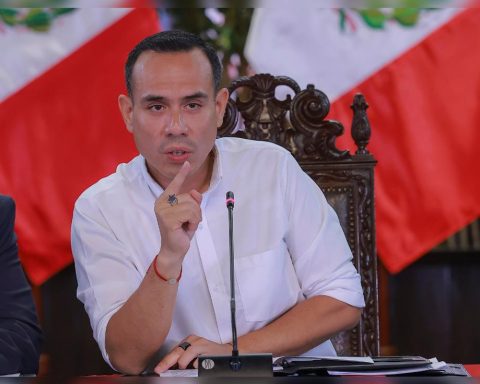The Daniel Ortega regime took control of the Electoral Power since before reaching the Presidency in 2007. With his pact in 2002 with Arnoldo Alemán, the then president of the country, they divided the powers of the State and imposed bipartisanship.
The pact lowered the ceiling to win the Presidency with 35% of the valid votes, the historical figure of the Sandinista National Liberation Front (FSLN). Ortega divided the opposition and achieved 38% of the votes in 2006. He came to the Presidency in 2007 and began the democratic decline, a process that accelerated as of 2018.
Reports from international and local organizations, which have observed national, municipal and regional votes, indicate that the Nicaraguan electoral system needs urgent reforms to guarantee transparency in the results.
Related news: Judiciary, the “golden institution” to persecute the opposition
In addition, opponents have denounced electoral fraud since the 2008 municipal elections. The 2021 presidential elections were ignored by more than 40 countries, including the United States and the 27 States of the European Union. Other forums also rejected said elections.
The illegitimacy of the regime
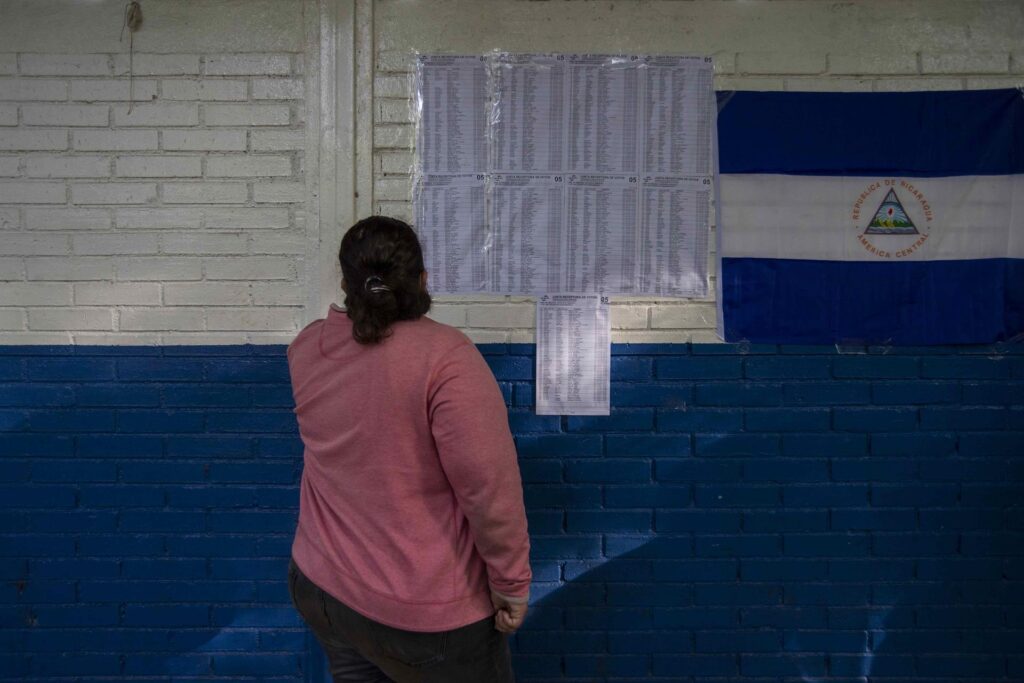
Olga Valle, director of the independent observatory Urnas Abiertas, told Article 66 that the last two elections lacked legitimacy because the elements that guarantee electoral integrity were systematically violated. “What we saw does not represent the popular will. On the contrary, it was a process tailored to the authoritarian regime’, he stated.
He argued that the electoral authority was totally co-opted, there was an illegal use of public resources, an exclusive management of the electoral roll was made, independent electoral observation was not guaranteed and the process was carried out under a complete police state and closure of the civic space. “All these factors that eliminate the possibility for citizens to participate in the public affairs of the nation,” he said.
Citizen abstention exceeded 80%, an unprecedented record that increased compared to the national votes where Ortega was prescribed five more years in the presidential chair of the Central American country.
totalitarian state
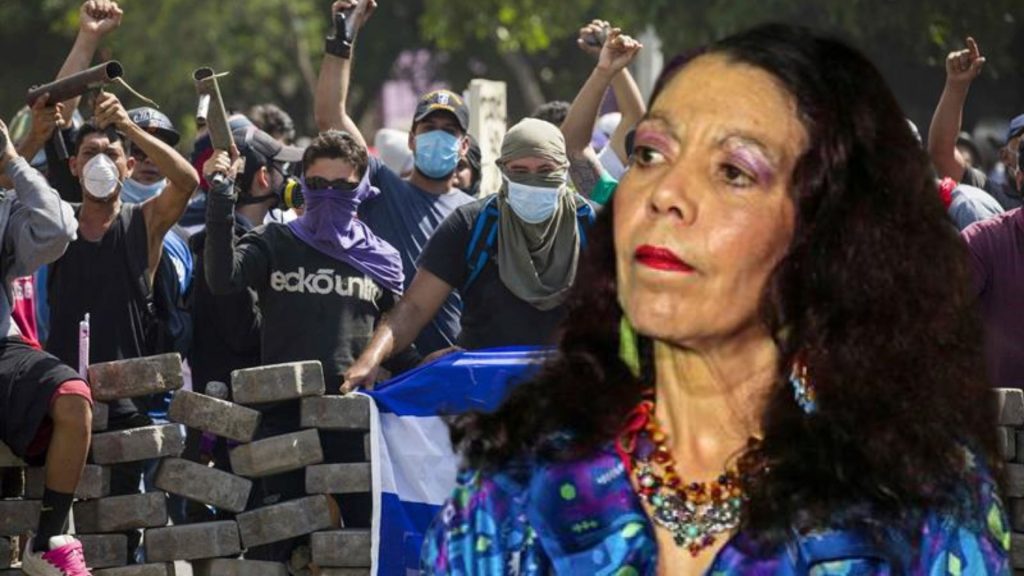
Héctor Mairena, a member of the Political Council of the Blue and White National Unity (Unab), agrees with Valle that a “totalitarian state” has been consolidated in the country after the 2022 municipal elections, where the regime took absolute control of the 153 mayors’ offices throughout the country.
«Daniel Ortega has established a totalitarian dictatorship, makes full and comprehensive use of State institutions to repress and prop up his tyrannical, dynastic project. This has meant that, in addition to electoral fraud, Ortega has completely dismantled democratic institutions, and this is a process that has accelerated in the last five years, but he started doing it since 2007,” Mairena said.
“Local governments were the last step to guarantee neighborhood-by-neighborhood surveillance of citizens. With this last blow to representative democracy, absolute and authoritarian control over the social, political, cultural and religious dimensions of the country is achieved”, adds Valle.
The director of Urnas Abiertas explained that a factor that should not be lost sight of is that the regime seeks to maintain political power, this to continue exercising repression, but above all to continue managing public resources in an opaque manner.
“It is through opaque management and the misappropriation of public resources that guarantees the loyalty of the political operators that he has placed in the different institutions and mayors’ offices,” he analyzes.
The United States, through a report on human rights practices worldwide in 2022, denounced in Nicaragua the ruling party consolidated its power in the municipal elections of November 2022, in which the majority of voters chose not to participate and the regime awarded the 153 municipalities of the country.
single party system
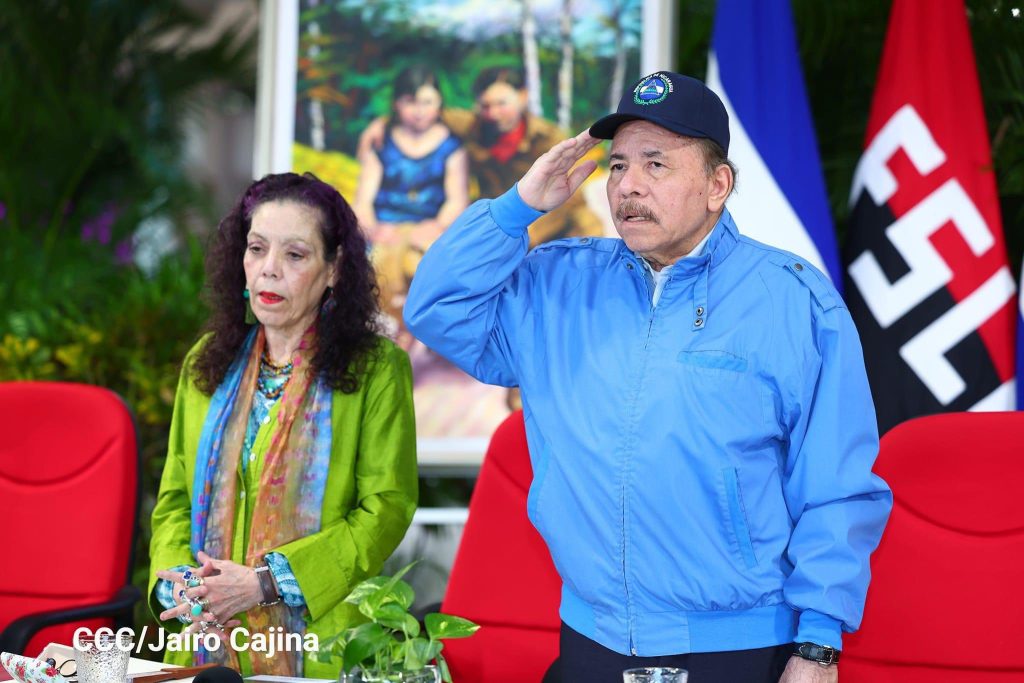
Mairena warns that a one-party system has been installed in Nicaragua because Ortega has “destroyed” electoral competitiveness and has annihilated the democratic system.
“There are similarities with North Korea and Cuba, with the tyrannical and dictatorial systems that operate there. However, it must be noted that it is difficult, I would say impossible, for it to be definitively established in Nicaragua,” he said.
«There are several economic reasons, Nicaragua’s main trade relations are with the European Union, the United States; there are geopolitical interests, etc. But we cannot underestimate Ortega’s intentions in that direction,” he added.
“suicide route”
On this path of international isolation, the Ortega regime has ignored the calls made by the international community for more than five years. The international community has called for respect for human rights, free and transparent elections, and for a peaceful transition process to be opened in Nicaragua.
“Ortega acts in a direction completely contrary to these demands that are not only from the international community, but from the absolute majority of Nicaraguan citizens,” he said.
«Ortega has aligned himself with Russia, China and Iran, what I could call the suicide route, digging down because he knows he is repudiated, rejected, so he seeks to protect himself (put himself) by establishing alliances with these countries. It is a dangerous project, it has destroyed democracy in Nicaragua and it has no chance of establishing it”, he concluded.







